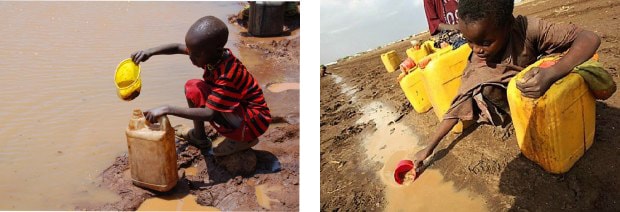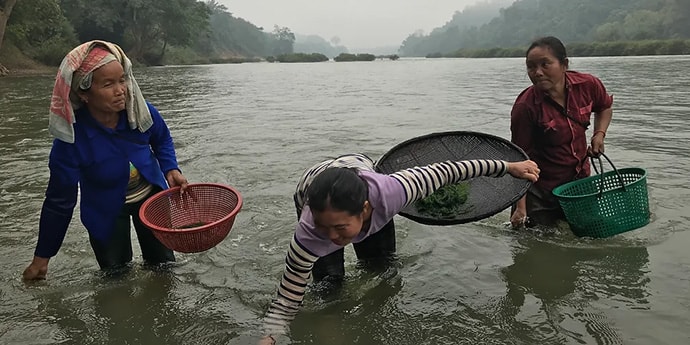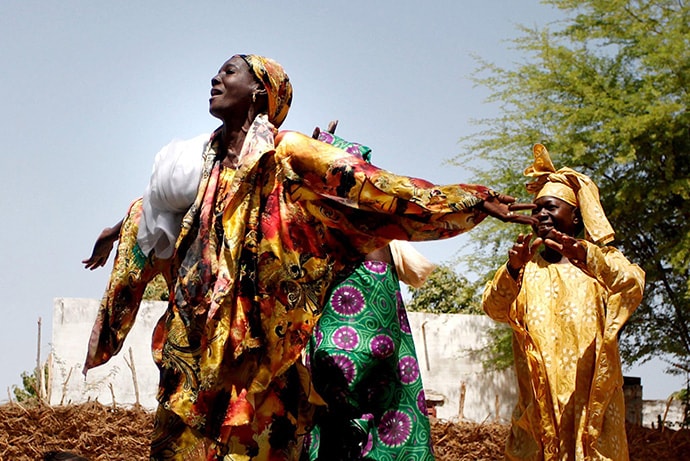We Are All Together!
By David Albert, Olympia Friends Meeting and co-founder, Friendly Water for the World
(From Western Friend, April 2022, reposted with permission)

Climate change is here. Now. It is not a matter of an occasional snowstorm, hurricane, tornado, or short heat wave. In other parts of the globe, it is now part of the daily struggle for existence.
Friendly Water for the World, a Quaker-founded organization, partners with communities, schools, and families in parts of subSaharan Africa and India. We have seen what is happening at close hand. In central Tanzania, among the Maasai, women, who are used to walking for water every day, leaving at 3 a.m. and returning at noon, now walk as much as 13 hours each night, leaving at 11 p.m., with their daughters taken out of school for this purpose. Each and every night. In western Kenya, a Friends school reports that half of the children are leaving classes to walk for water. In some places, while rainfall hasn’t diminished, it has been concentrated into shorter, more intense periods leading to serious flooding. At the same time, dry periods are becoming longer and longer, leading to crop failures. In Chennai, in southern India, the entire city of more than seven million ran out of water for several months. People couldn’t take showers for weeks; clothes couldn’t be washed; factories shut down; restaurants closed because they couldn’t supply water to their patrons. People left for the countryside, where there was also little water to be found.

